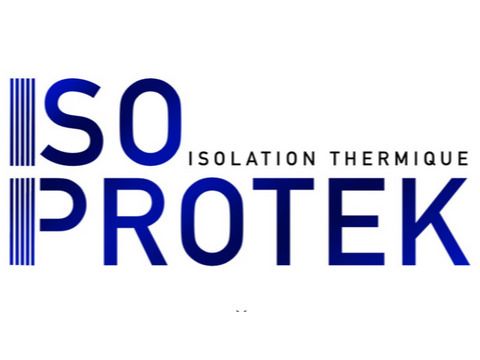Approved by curator

Added: Apr 05, 2022
Last edited: Apr 11, 2023
To tackle the huge amount of waste produced by the food delivery system, Iso-protek, a Montreal-based company is recovering insulating tarpaulins from maritime containers, to create reusable insulating bags, with a much lower carbon footprint.
Food systems highly contribute to greenhouse gases emissions. Every year, more than 6 million refrigerated packaging boxes are being used for food deliveries, thus perpetuating the linear economic model by extracting resources and producing waste for single use only.
Iso-Protex has been working to recover insulating tarpaulins of maritime containers, to create reusable insulating bags. With their 20 years of experience in sustainable development and their skills in design and engineering, they are aiming to enhance the thermic performance of current solutions. They are aiming at producing 500 000 reusable insulating bags per year, with five different sizes (15, 25, 45, 55 and 80 litters). To do so, the company benefitted from a $50 000 grant from the city of Montreal.
By using a Business-to-Business model, the company has developed, within 6 months, their workshop to upcycle tarpaulins into reusable insulating bags, producing 5000 tarpaulins, worth $1.25M, for more than 50 customers in the home meal delivery sector. Such an initiative is expected to have a 1000 times lower carbon footprint than usual single use refrigerated boxes.
Photo retrieved from Québec Circulaire website

Ecological Impact
Economic Impact
Innovation
Reduce Emissions (SDG13)
Reduce Material Consumption (SDG12)
Minimise Waste (SDG12)
upcycling
recovery
